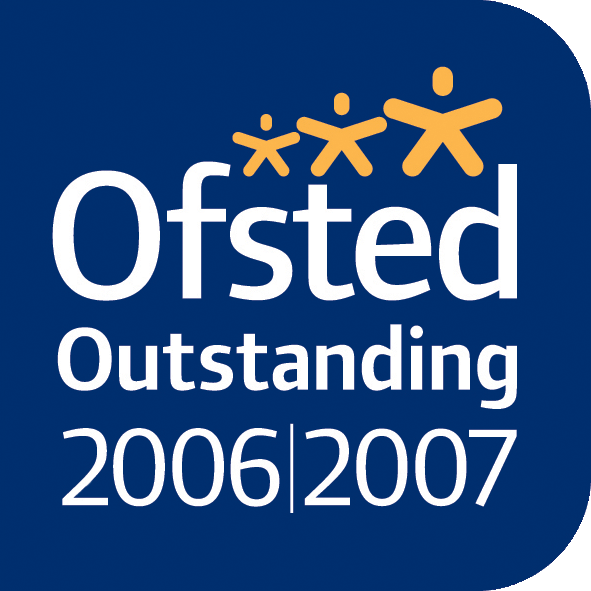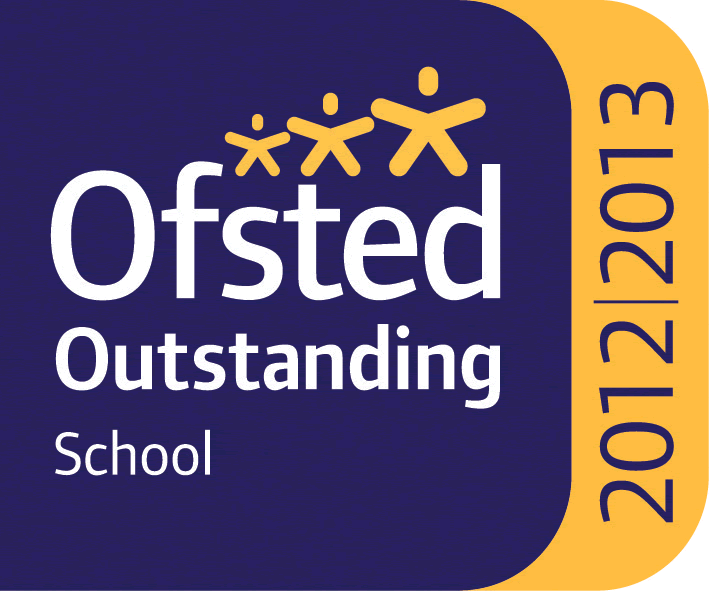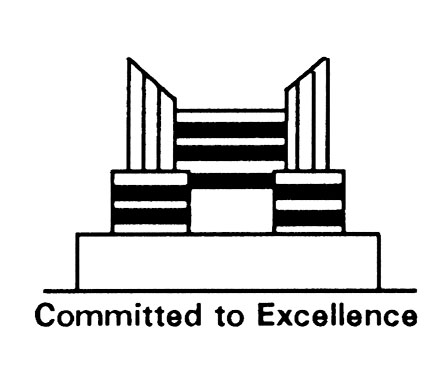A Level Computer Science
(OCR H446 )
Assessment Details
Paper 1 – Computer Systems Paper 2 - Algorithms and programming
Course Information
OCR A Level Computer Science Speciation
https://www.ocr.org.uk/images/170844-specification-accredited-a-level-gce-computer-science-h446.pdf
Subject Content
Overview of content
· The characteristics of contemporary processors, input, output and storage devices
· Software and software development
· Exchanging data
· Data types, data structures and algorithms
· Legal, moral, cultural and ethical issues • Elements of computational thinking
· Problem-solving and programming • Algorithms to solve problems and standard algorithms
Overview of theory assessment
This unit is assessed through two 2 hour 30 minute examination papers set and marked by OCR:
Paper 1: Computer Systems
Paper 2: Algorithms and Programming.
The total number of marks available for each examination paper is 140.
Paper 1: 40% of A level
Paper 2: 40% of A level
Practical Programming
This is a practical unit. Students will be expected to choose a computing problem and follow a systematic approach to problem solving, consistent with the skills required for software development. Developing computer program/s along with the computer programming code itself which has been designed, written, tested and refined by the student to solve a problem/s. Students will produce original reports outlining this development.
Overview of assessment
The programming project will account for 20% of the final assessment.
Steps to Success in Computer Science
1. Take advantage of online teaching websites to improve your programming skills.
2. Learn the standard algorithms for sorting and searching.
3. Practice Pseudo code and Programming
4. Get confident with the NEA by researching a manageable project early with clear objectives
5. Be familiar with the three different types of programming error, syntax, logical and run-time that occur and how to debug them.
6. Make sure you have a revision guide or ask your teacher how to get one.
7. Familiarise yourself with revision material on the students shared area.
8. Use the Craig and Dave resources, revision guide, BBC Bitesize and www.teach-ICT.com to take notes on each topics
9. Keep your folders and notes organised
10. Keep up with Computing in the real world so that you can provide real examples in long answer questions.
11. Attempt the exam papers in the ‘Past paper’ section. Make sure you know what topic the question is testing you on.
12. Check you have used technical language in your answers.
13. Check your answers against the given mark scheme.
14. Keep up with Computing in the real world so that you can provide real examples in long answer questions.
Useful Resources:
School Intranet which holds details of every lesson and related resources.
BBC Bitesize
Craig and Dave
https://craigndave.org/ocr-a-level-h046-h446-videos/
Teach-ICT
https://www.teach-ict.com/




